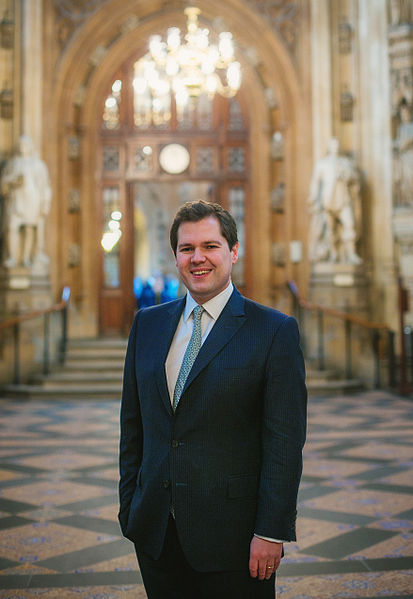
In an interview with the BBC, Robert Jenrick, the UK's immigration minister, emphasized the need to decrease the country's dependence on hotels for accommodating
migrants and asylum seekers. He stated that his duty was to the British public and taxpayers, and it was important to ensure value for money in the use of public funds. Mr. Jenrick considered it "fair and reasonable" to ask asylum seekers to share rooms in hotels under certain circumstances. This statement comes after a recent dispute with asylum seekers who refused temporary accommodation in a London hotel when asked to share rooms with multiple individuals.
The head of Westminster Council, Adam Huq, expressed concerns about the situation in a letter to the home secretary, highlighting the inappropriate accommodation arrangement for individuals who may have experienced significant trauma. Mr. Jenrick acknowledged that the government preferred not to use hotels due to the impact on local businesses, such as canceled weddings and events. However, he stressed the importance of obtaining good value for taxpayers when hotels were utilized. He mentioned that if single adult males could legally share a room based on its size, it would be requested, although he denied that shared rooms were government policy for all asylum seekers and migrants.
The immigration minister also criticized the abuse within the UK's asylum system, expressing the need to address it and prevent the country from being seen as an easy destination for migration. The Labour party responded by highlighting the failure of the Tory government in managing the asylum system and claimed that only Labour had a comprehensive plan to address the issue of dangerous boat crossings.
Reducing illegal immigration has become a key priority for Prime Minister Rishi Sunak, who intends to implement the Illegal Migration Bill. The bill aims to grant ministers additional powers to remove individuals who arrive illegally and prevent them from claiming asylum in the UK. However, it has faced criticism, including concerns about its potential impact on the country's reputation.
The Home Office estimates that the plans outlined in the bill could cost between £3 billion and £6 billion, covering expenses related to detention facilities, accommodation, and removals. The number of people arriving in the UK through small boats in the English Channel reached over 45,000 last year, the highest since records began in 2018.
The government is exploring various options to accommodate the increasing number of arrivals, including housing individuals in barges or facilities on air bases. While Mr. Jenrick emphasized the government's robust approach and the importance of cost-cutting, he acknowledged the significant backlog of asylum claims and the extended processing times compared to previous years. The accommodation challenges in hotels across the country would be less acute if there were fewer individuals stuck in the system.
Addressing immigration-related issues poses complex challenges for ministers, and there are no easy solutions. The government's rhetoric of reducing immigration clashes with the reality of increasing numbers, leading to a significant discrepancy between stated goals and actual outcomes. Photo by Stuart.graham, Wikimedia commons.




































